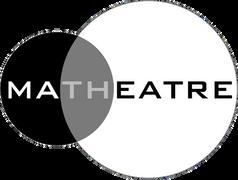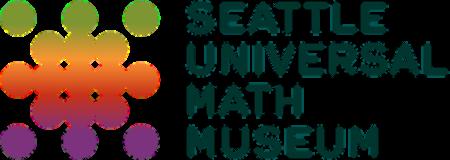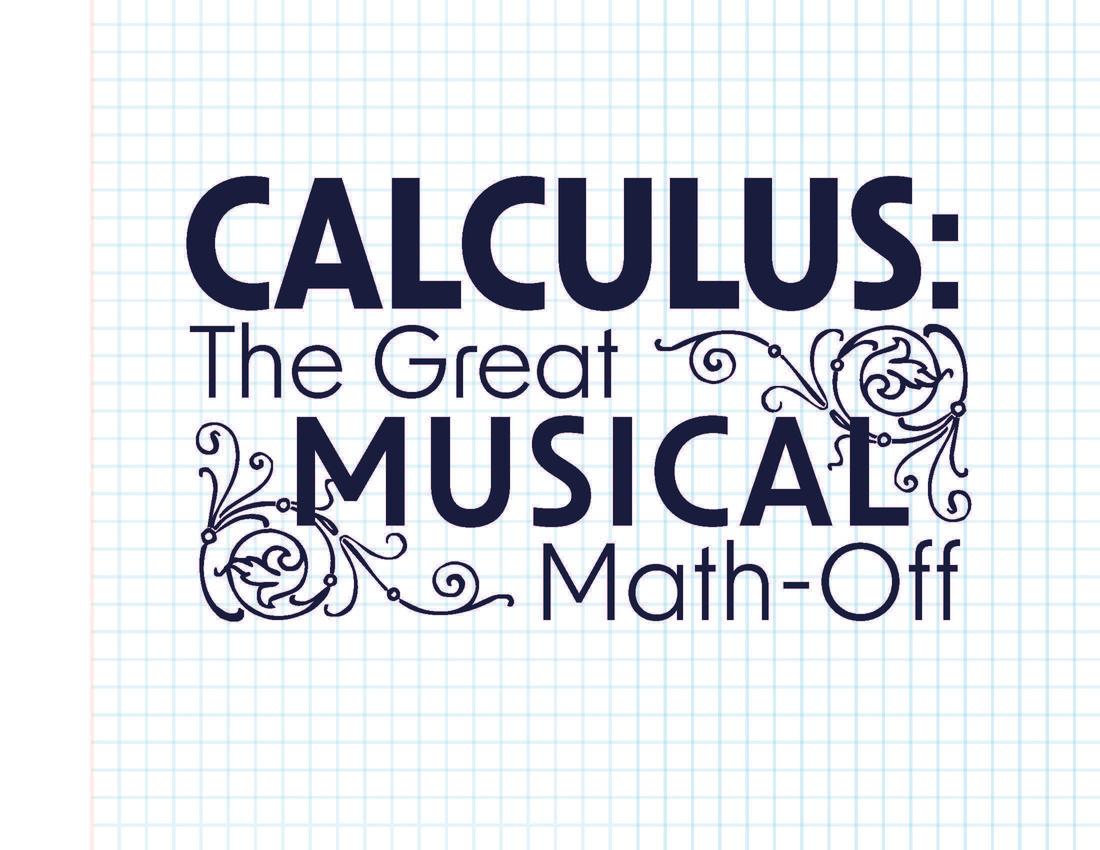
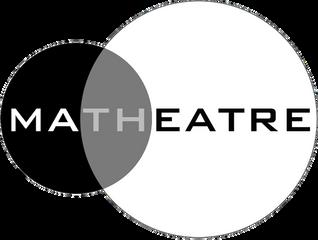





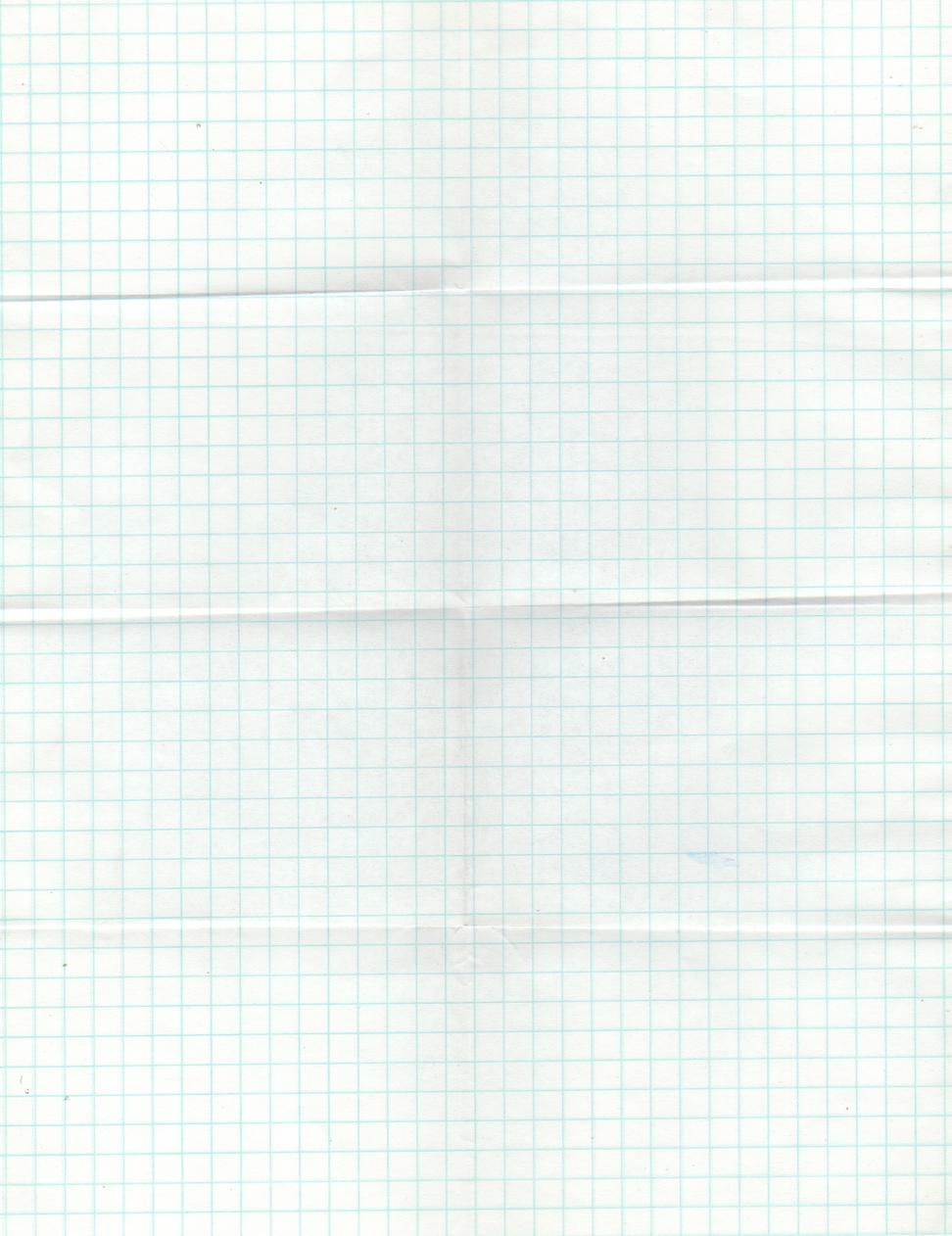
Limit- the value of a function as it approaches a certain point.
Differentiation - the process of finding the derivative, or rate of change, of a function.
Inflection Point - a point on a curve where its concavity, or curvature, changes.
Maxima and Minima - the maximum (highest) or minimum (lowest) values of a function within a given range. Also known as extrema.
Integration - the calculation (addition) of an area bounded by a curve.
The Fundamental Theorem of Calculus - a theorem that links the concepts of differentiation and integration, showing that they are inverse of each other.

Dichotomy paradox - suggests that any moving object must reach halfway on a course before it reaches the end; and because there are an infinite number of halfway points, a moving object never reaches the end in a finite time.
Arrow paradox - suggests that in any one instant of time, a moving object is neither moving to where it is, nor to where it is not. It cannot move to where it is not, because no time elapses for it to move there; it cannot move to where it is, because it is already there.
Cavalieri’s principle - two areas with equal-sized corresponding cross-sections are equal.
Power rule - for finding the derivative of a variable base, raised to a fixed power.
Product rule - for finding the derivative of a function that is defined as the product of another two (or more) functions.
Quotient rule - for finding the derivative of a function that is the ratio of two differentiable functions.
Chain rule - for expressing the derivative of the composition of two differentiable functions.
L’Hopital’s rule - for evaluating limits of indeterminate forms using derivatives.
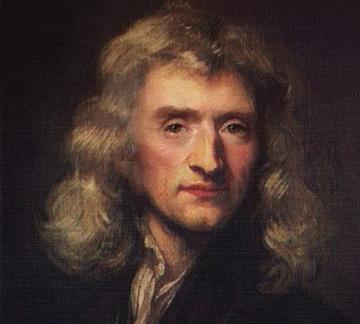
Isaac Newton (1642-1727) –Mathematician, astronomer, physicist, alchemist. Known for his mathematical definition of gravity, his work on visible light, and the laws of motion that unite the physics of the universe, he also had quite a bit to do with the invention of Calculus. He had a reputation for being antisocial, petty and absentminded. He was obsessed with alchemy--the (not very scientific) idea that base metals can be transformed into gold, and was pretty mean to people he didn’t like (which was most people).


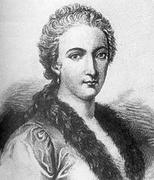
Gottfried Leibniz (1646-1716)Mathematician, logician, philosopher, lawyer, etc, etc, ad infinitum. Besides his contributions to Calculus, this polymath also developed the concept of actuarial science (the calculation of a physical object’s diminishing financial value over time), laid groundwork for the binary numeric language that would lead to calculators and machine computation, and his concept of vis viva (“living force”) was an early conception of kinetic energy. His inflated ego may have had something to do with Isaac Newton bullying him with hate mail even after he died, but come on.
And your host, Maria Gaetana Agnesi (1718-99) - Author of the first book that covered both differential and integral calculus. Celebrity mathematician of her time.
1. This play takes historical events and real life traits of historical people and exaggerates them into a fictional comedy. How does viewing historical or current events through a lens of satire change the way we think or talk about them?
2. How does competition encourage or impede innovation?

3. Calculus--as well as history, and life--is rife with paradoxes. A paradox is something that is true and not true at the same time, or seems to be in conflict with itself. What are some paradoxes you experience in your own life?
4. Newton's derivative notation is y dot. Leibniz’s equivalent notation is dy/dt. Why is Leibniz’ notation more flexible?
5. Math is still growing and changing today. How did the following changes in mathematics aid or disrupt the creation of Calculus as we know it:
- Cartesian coordinates
- Roman Numerals
- Arabic Numerals including the number zero
6. This play employs a lot of anachronisms-people, things, and concepts from different points of history interacting in unlikely and sometimes humorous ways. How does our current understanding of math and science color our perspective of the past?

7. The parody lyrics in this play were originally written to help a math teacher’s students remember their formulas. How do this show’s song choices and their pop cultural connotations serve to underscore the informational value of their lyrical content? Were there any songs or moments that helped you better understand Calculus or its applications?
8. Why are you taking Calculus? Maybe it’s simply to meet an academic requirement, but maybe not Regardless, what ideas do you take from Calculus class that pop up for you elsewhere in your life?
9. The contestants come to a point where they realize math is the sum total of all mathematicians, not merely the inflection points of individuals. In your opinion, when something is discovered, does it matter who gets credit?
Orlin, Ben: Change is the Only Constant
Oulette, Jennifer: The Calculus Diaries: How Math Can Help You Lose Weight, Win in Vegas, and Survive a Zombie Apocalypse
Seife, Charles: Zero: The Biography of a Dangerous Idea
DK: The Math Book: Big Ideas Simply Explained
Strogatz, Steven: Infinite Powers
Joseph, George Gheverghese: The Crest of the Peacock: NonEuropean Roots of Mathematics

icanhasmath.bandcamp.com (songs from this show and MANY other math tunes)

Copyright 2024 by Matheatre.
Matheatre uses live theatre to tell stories that inspire excitement about math and science. www.matheatre.com.
Find Matheatre’s podcast, History Science Theatre PODCAST, for free on all major podcast platforms.
Socials: @matheatre steam
CALCULUS: THE MUSICAL! was originally created in 2006 by Marc Gutman and Sadie Bowman, with subsequent contributions by Ricky Coates.
CALCULUS: THE GREAT MUSICAL MATH-OFF! is a 2024 reboot created by Ricky Coates and k. Brian Neel, with lyrics by Marc Gutman and Sadie Bowman. Made with support of our Patreon community and Seattle Universal Math Museum
